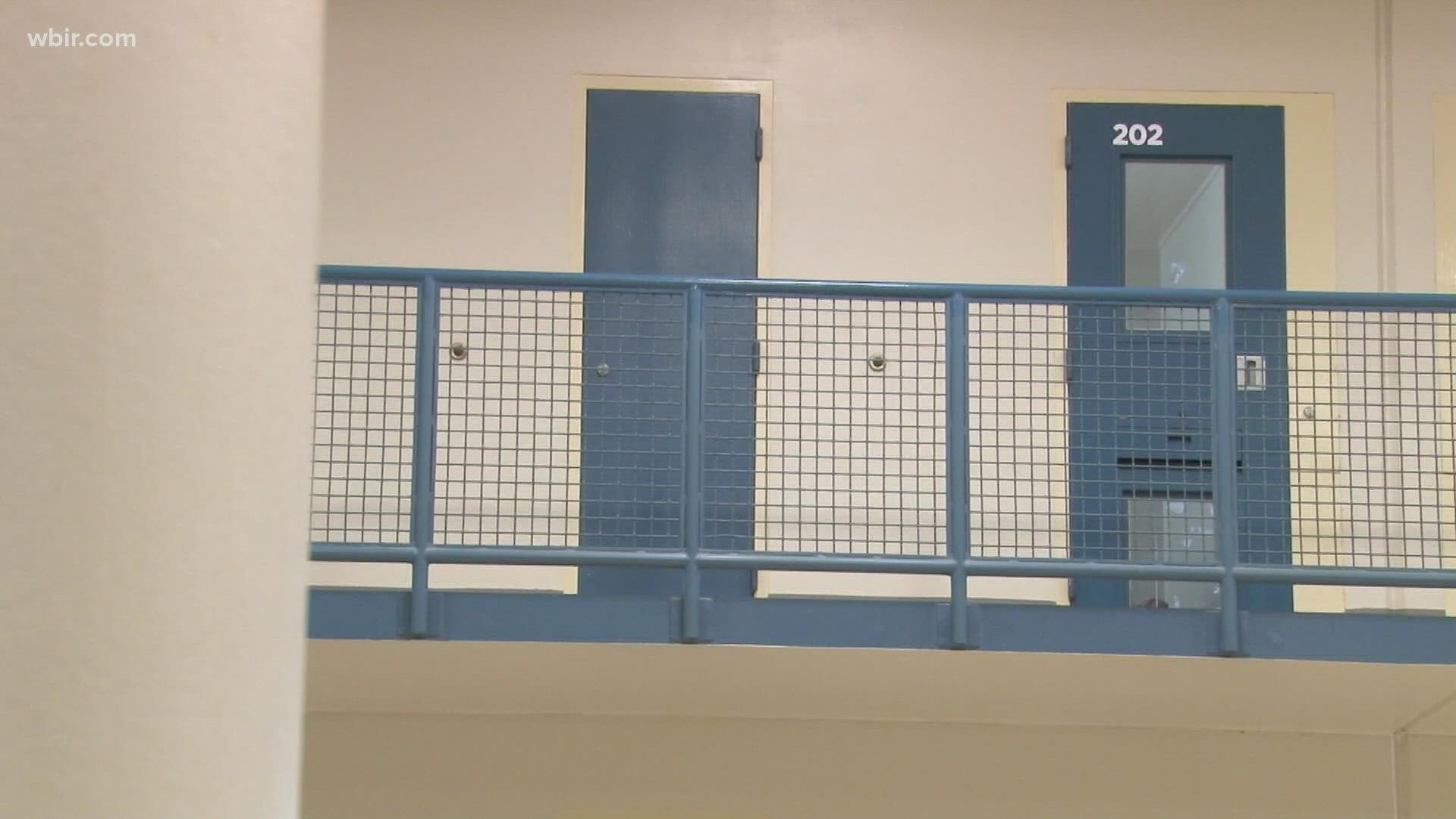NASHVILLE, Tenn. — Tennessee victims of violent crimes can now get lifelong orders of protection. Lawmakers in New York are pushing for the same thing.
It all started because one woman was brave enough to sit down with reporters to share her traumatic story.
"Ben and I had been married for one year, four months, and two days," said Nikki Goeser in a 2020 interview with News4, a sister station of WBIR in Nashville.
Goeser's husband was shot in killed in front of her and a room full of people. The motive for the crime: defense attorneys argued Hank Wise was delusional, psychotic and obsessed with Goeser.
For years, Wise wrote Nikki love letters from prison, and News4 revealed nothing was stopping him because, at the time, there was no such thing as a lifelong order of protection.
"It just makes me want to throw up," Goeser said. "To see those letters, it made me almost feel like the night that Ben was killed. Yeah, it was traumatic."
After seeing Goeser's story, Tennessee lawmakers created and passed long life orders of protection. New York Senator Anthony Palumbo recently drafted his own version of the bill.
Harrison said, because of a New York law called "Less is More," parole officers are no longer allowed to charge convicts for violating things like geographical restrictions.
"It's extremely scary. I deal with, specifically, survivors of homicide victims," Harrison said. "They live in constant fear of what's coming next."
This new bill creating lifelong orders of protection in New York, she said, would change that.
"Somebody who just got out of jail for serving 15 years, 20 years, 25 years, doesn't necessarily want to go back," said Jennifer Harrison, the founder of Victims Rights New York. "And that piece of paper could mean the difference between life and death."
News 4 reached out to the ACLU in New York.
They said they support New York's 'Less is More' law and said, "It is past time that New York's regressive parole regime gets the overhaul it has desperately needed to end the vindictive, discriminatory, and inhumane practice of incarcerating people on parole for non-criminal technicalities."
As for the lifelong orders of protection bill, a spokesperson for the New York ACLU said it's so new that they haven't had time to review it yet.

